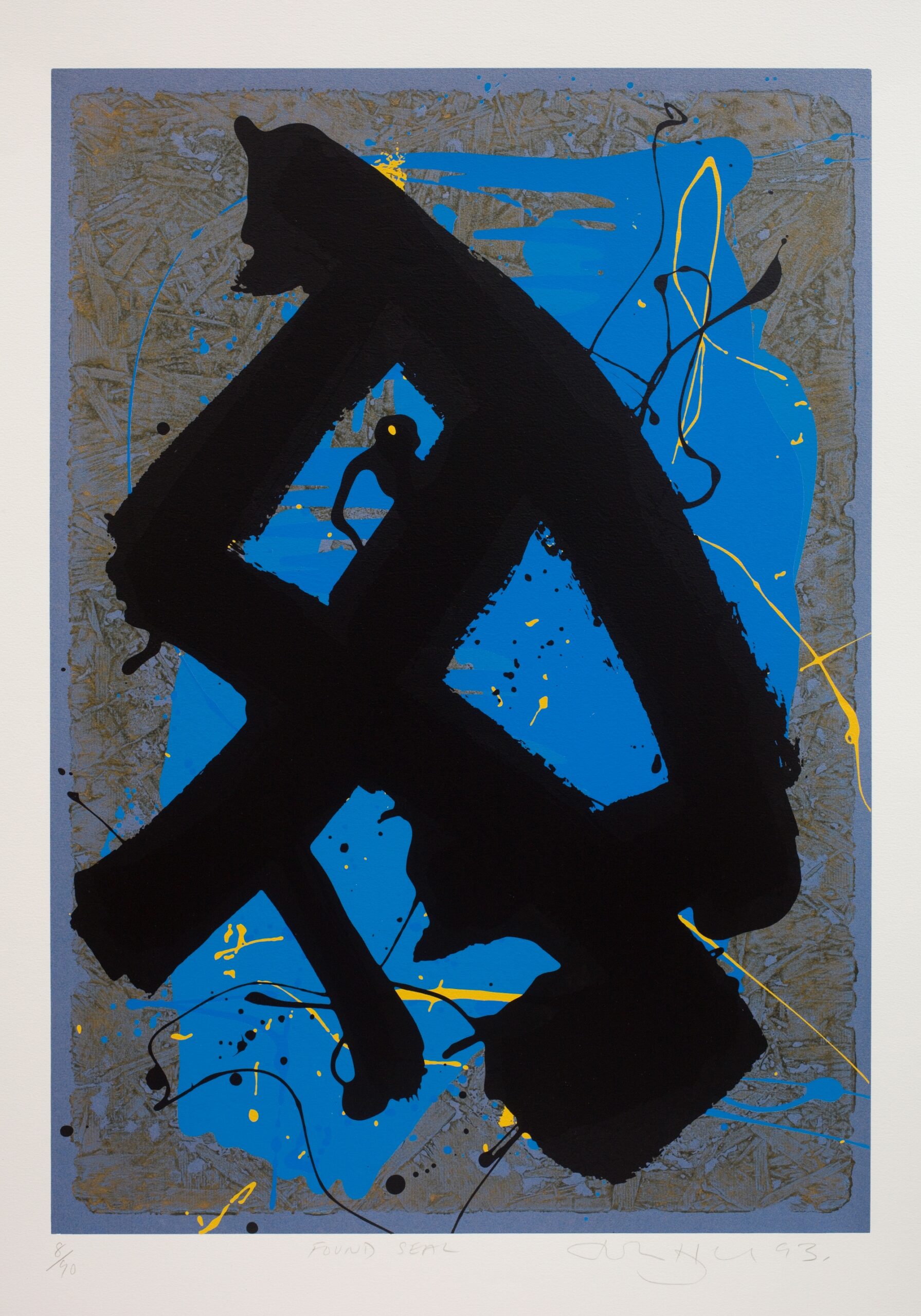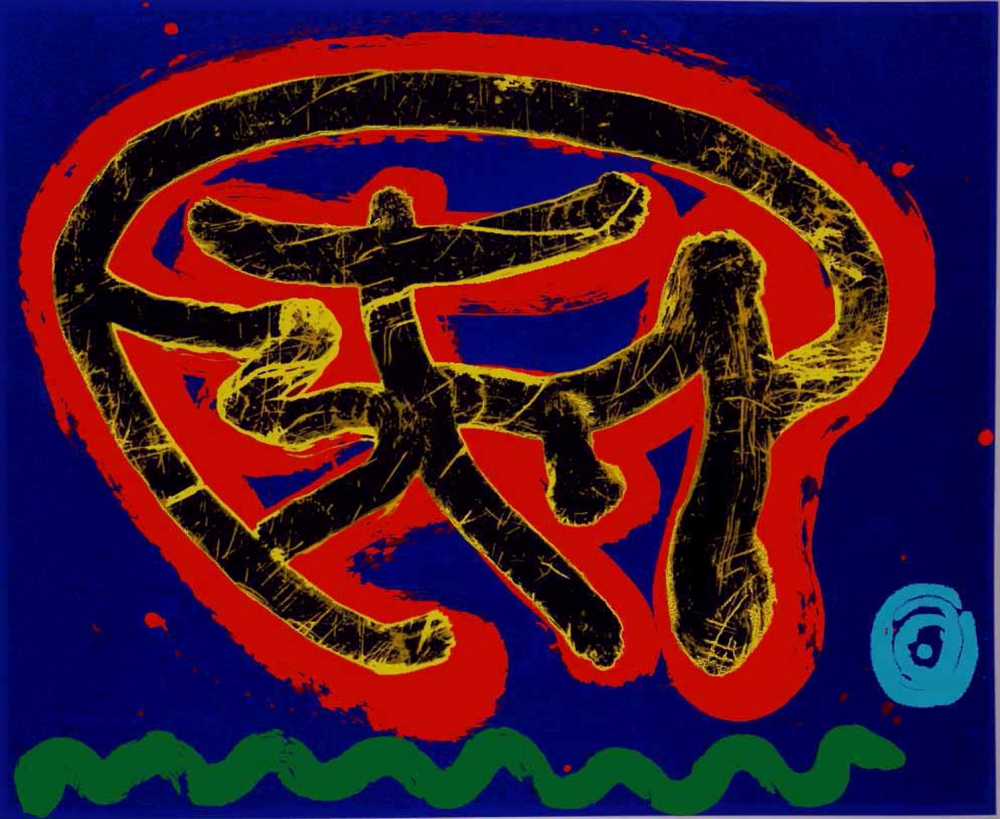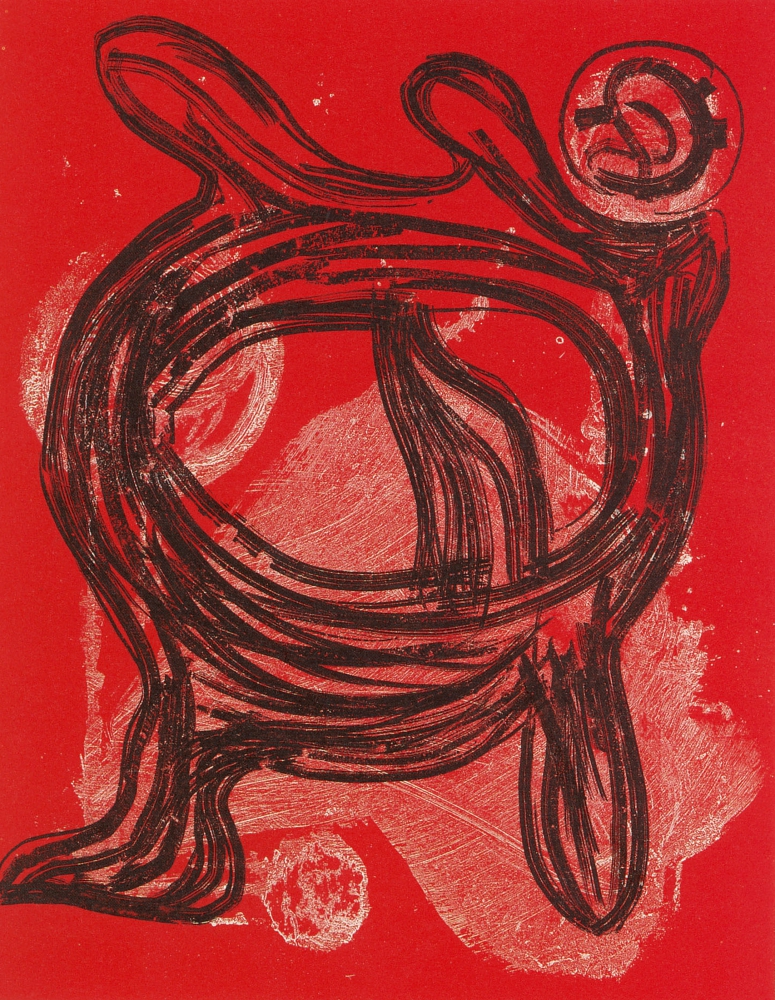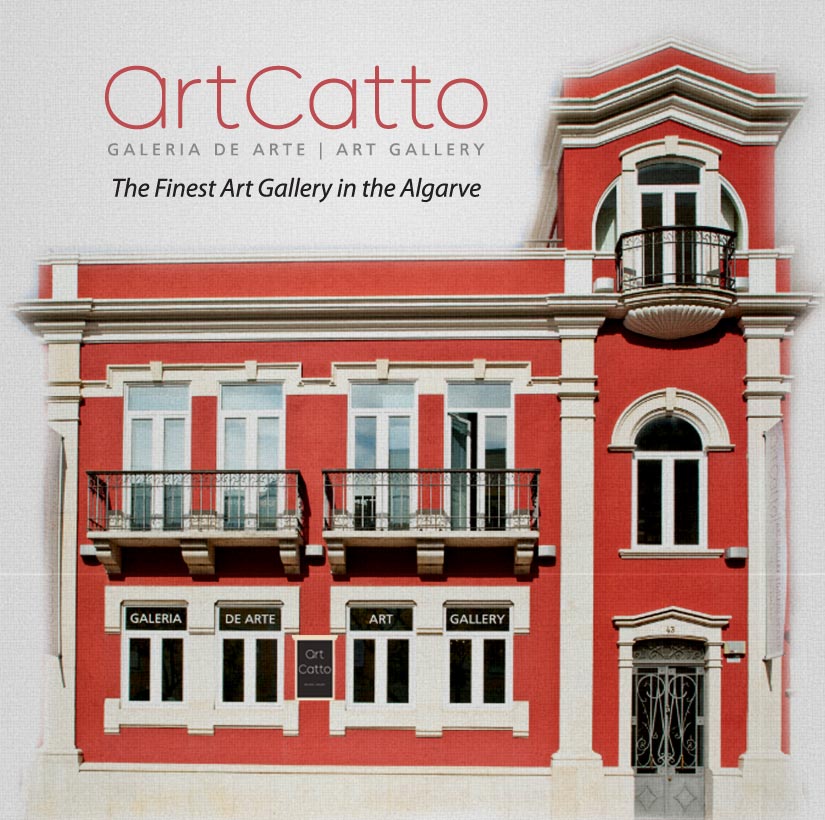John Hoyland
![]()
John Hoyland (1934–2011) was one of Britain’s leading abstract painters and printmakers. He emerged at the forefront of the abstract movement in Britain in the early 1960’s and remained an energetic and innovative force within the eld, until his death in 2011.
His early paintings date from the 1950’s and were mostly portraits and landscapes of his native Sheffield. His art was decisively influenced in the late 1950’s and 1960’s by his experience of American Abstract Expressionism and his work shifted to be almost entirely abstract.
His early paintings date from the 1950’s and were mostly portraits and landscapes of his native Sheffield. His art was decisively influenced in the late 1950’s and 1960’s by his experience of American Abstract Expressionism and his work shifted to be almost entirely abstract.
His graduation show at the Royal Academy Schools, London, in 1960, was ordered off the walls by the president of the Academy, although Hoyland was still awarded his diploma based on his figurative work. Within months, he was exhibiting with some of the best British artists of the day.
When Hoyland began to experiment with colour lithography in the late 1960’s, he was embarking on what would be a sustained concern with printmaking. He would work toward an image through the process of printing, rather than simply reproducing an already existing idea.
Moving from simple line-drawing with basic colour notes, through to gestural, decisive application, his approach was as fast and free as is possible within the process. Renowned for his intuitive manipulation of colour, form, line and space, Hoyland dedicated himself to pushing the boundaries of what painting and printmaking could achieve; this is what characterizes his six decades of work.
As the critic William Feaver once wrote, “A pukka Hoyland is a work not of hand and eye, but of total Self.”
Wiz J Patterson Kelly, Editor – John Hoyland Catalogue Raisonne
ArtCatto is honoured to be hosting this first exhibition of John Hoyland’s work in Portugal, in association with the Conrad Algarve.
Monday to Friday 10.00am to 6.00pm
Saturday 10.00am to 1pm
Avenida José da Costa Mealha nº 43
8100-500 Loulé, Portugal
Tel: (00 351) 289 419 447
info@artcatto.com
www.artcatto.com

©2026 ArtCatto
Designed by Super8



























